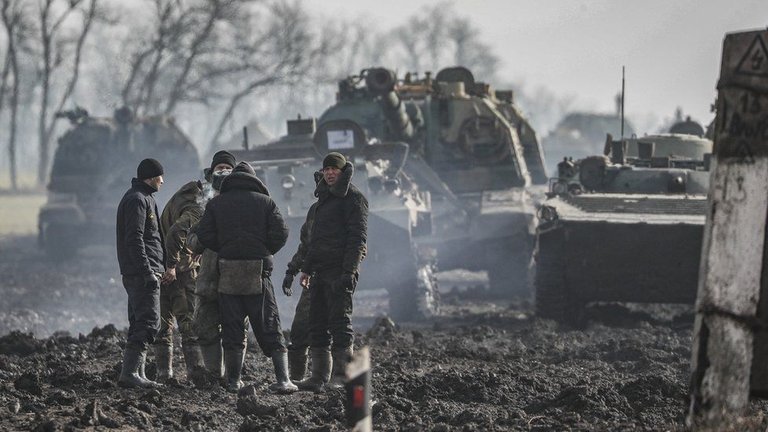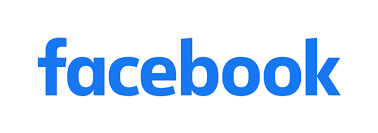US Secretary of State Anthony Blinken reported that NATO is keeping the way to discourse open with Russia, yet will keep on offering help to Ukraine.
"We will keep the entryway of tact and exchange open with Russia," Blinken said during a public interview in Brussels on Friday, adding that the collusion isn't looking for military showdown with Moscow, yet is focused on "safeguarding every last bit of its region."
Blinken focused on that NATO will keep on offering help to Ukraine before long, including philanthropic guide.
On Friday, March 4, NATO held a crisis meeting to examine what is happening in Ukraine against the foundation of the continuation of the Russian military activity, which was sent off on February 24.
The Pentagon reported the send off of a hotline with the Russian Ministry of Defense to turn to in crisis cases, and to keep away from any unintentional mishaps considering the Russian activity in Ukraine.
Pentagon representative John Kirby said in a press proclamation that this line, which was sent off "a couple of days prior", joins the US Command in Europe to the Russian Defense Ministry.
In any case, a Pentagon representative wouldn't say whether this hotline was involved when the Ukrainian atomic site in Zaporozhye was hit Thursday night, which was credited to Russia.
"In the event that there is what is happening where we really want to contact the Russian Ministry of Defense right away, I accept we will utilize it," Kirby said.
The different sides sent off an immediate correspondence direct during the conflict in Syria.
There was additionally a Cold War "red telephone" sent off in 1963 after the Cuban rocket emergency and permitted direct correspondence between the White House and the Kremlin.

As for the internet...
Russia's interchanges controller said on Friday it had obstructed Meta Platforms' Facebook site because of what it said were limitations on admittance to Russian media on its foundation.
The power added that there have been 26 instances of Facebook oppression Russian media since October 2020, with access confined to state-upheld channels like Russia Today and the Russian Information Agency.
Russia's transition to totally boycott Facebook comes as the specialists forced "incomplete" limitations on admittance to the stage, after the beginning of military activities in adjoining Ukraine.
Russia denounces online media stages, for example, "Facebook" and "Twitter" of forcing tight oversight on satisfied that advances the Russian perspective or hostile to Western thoughts.
In late February, Twitter said that it had forced limitations on the section of certain individuals in Russia to its informal communication stage, focusing on that it was trying to keep the site protected and accessible.
On Friday, NetBlocks, a body that screens web administration, said Russian specialists had limited interpersonal organization clients' admittance to Facebook and Twitter.
The limitations were not restricted to the two driving informal communication locales, yet in addition included news destinations like the BBC, the German "Deutsche Welle" and the Latvian-based "Medusa" stage.
Prior to affirming the boycott, on Friday evening, the source expressed that admittance to these media stages is totally limited, or not accessible by any means now and again.

